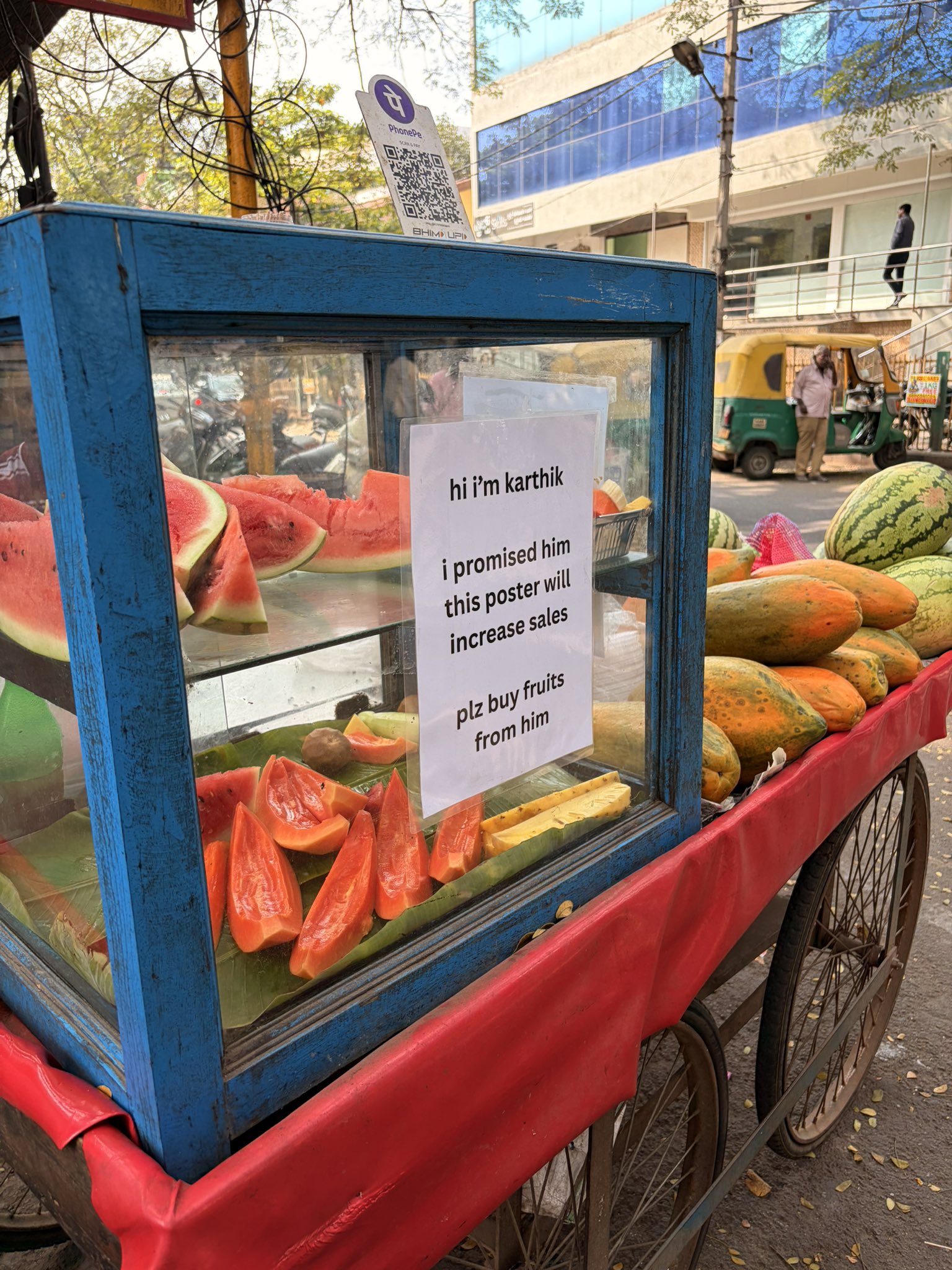By now, we all know how important it is to kick-start your day with a healthy routine. Waking up to a balanced morning ritual helps you stay fit and energized throughout the day. But have you ever considered the significance of ending your day properly? Let's admit, we hardly do, and that's where the balance breaks! According to health experts, how you spend your entire day defines your overall lifestyle, making dinner and nighttime rituals intrinsic parts of the process. Hence, today, we aim to highlight the importance of having dinner at the right time. "Have your dinner early" - is something we've all grown up hearing. Today, however, we'll delve into the rationale behind this statement. Let's get started.
Why Is It Important to Have an Early Dinner?
Health experts worldwide have repeatedly emphasized the importance of consuming the right type of food at the right time to fully enjoy its nutritional benefits. This theory applies to dinner as well, as it helps regulate the body's internal clock (known as the circadian rhythm), which adapts to your diet, sleep patterns, and external environment. This, in turn, governs your digestion, metabolism, and other bodily functions.
Also Read: Healthy Eating At Night: 5 Tips For The Right Dinner Routine

Photo Credit: iStock
5 Benefits of Having an Early Dinner:
1. Facilitates proper digestion:
We are all aware that the process of digestion slows down as we prepare to sleep. Consuming a meal just before bedtime hinders effective digestion, leading to issues like bloating, acidity, and related health troubles. Clinical nutritionist Rupali Datta suggests, "Having a light dinner at least three hours before sleep aids digestion. The later we eat, the greater the chance of food lingering in the intestines, disrupting digestion."
2. Supports weight loss:
Adopting a controlled eating window has consistently shown positive results for weight loss. This means creating a gap between two meals significantly reduces overall calorie intake. Furthermore, experts state that an extended fasting period boosts the body's fat-loss process, which relies on utilizing fats as fuel. Rupali Datta explains that allowing the body to effectively burn calories is crucial; otherwise, unutilized calories may accumulate as fat, leading to weight gain.
3. Enhances sleep quality:
Consuming a meal right before bedtime can induce a feeling of fullness, resulting in bloating, heartburn, acidity, and indigestion. These discomforts can impede falling asleep. In simpler terms, late-night eating puts your body in a heightened alert state, disrupting the circadian rhythm.
4. Regulates blood pressure levels:
Nutritionist Mehr Rajput notes that consuming carb-rich foods shortly before sleep can disrupt the potassium-sodium balance in the body, elevating the risk of nocturnal hypertension. She advises, "Individuals with hypertension should opt for complex carbs like oats, brown rice, and bran chapatis as healthier alternatives, particularly in the evening."
5. Preserves heart health:
By now, we are aware that elevated blood pressure levels correlate with increased cardiovascular risks. Therefore, maintaining a well-balanced dinner routine is recommended to sustain healthy blood pressure and heart function. Mehr Rajput explains that Indians tend to consume sodium-rich foods like dal, papad, and meat during the night. Consuming these foods late at night can result in water retention and bloating, heightening the risk to the heart.
Always remember the adage, "Eat breakfast like a king, lunch like a prince, and dinner like a pauper." Have a wonderful day, everyone!
Disclaimer: This content including advice provides generic information only. It is in no way a substitute for qualified medical opinion. Always consult a specialist or your own doctor for more information. NDTV does not claim responsibility for this information.
About Somdatta SahaExplorer- this is what Somdatta likes to call herself. Be it in terms of food, people or places, all she craves for is to know the unknown. A simple aglio olio pasta or daal-chawal and a good movie can make her day.








